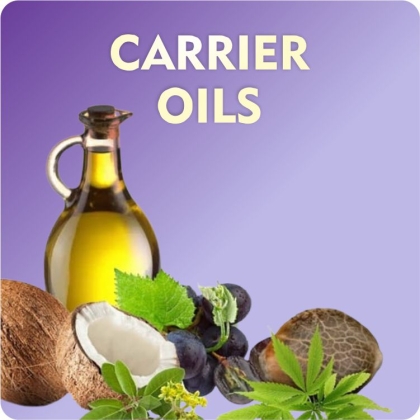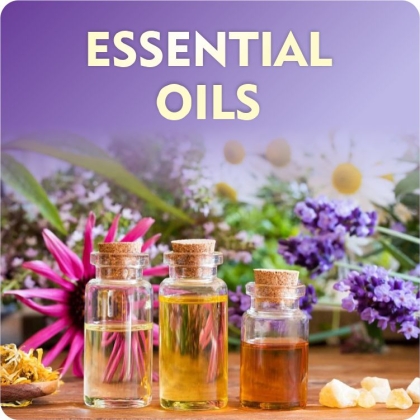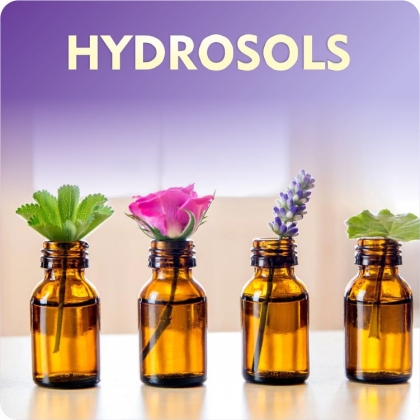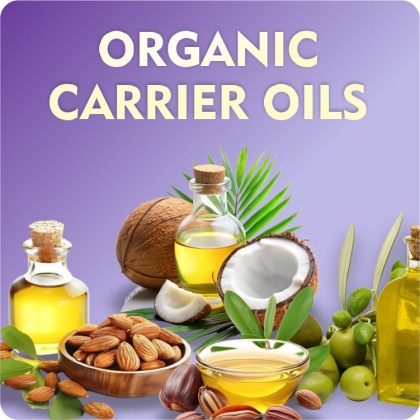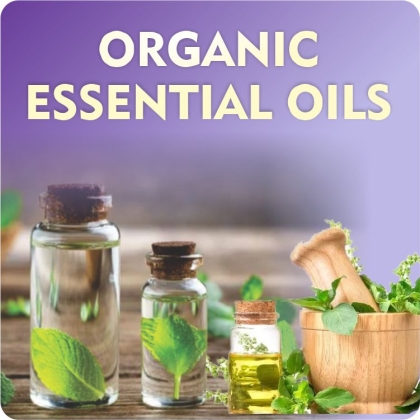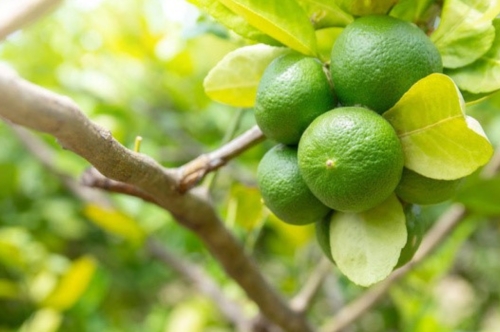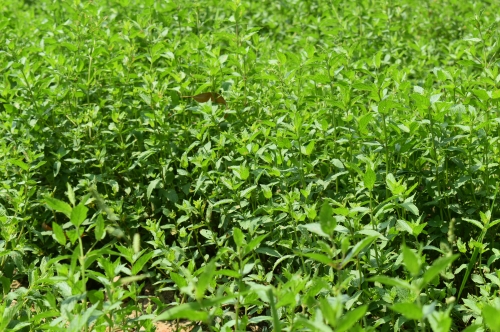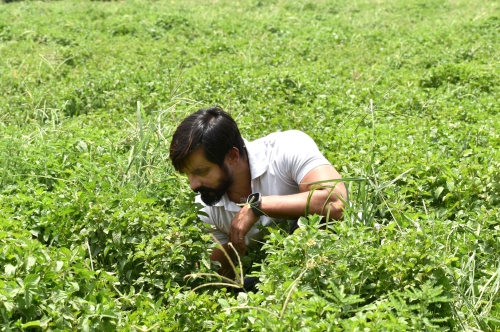Sustainable Patchouli Farming in India: Aromatic and Allied Leading the Way
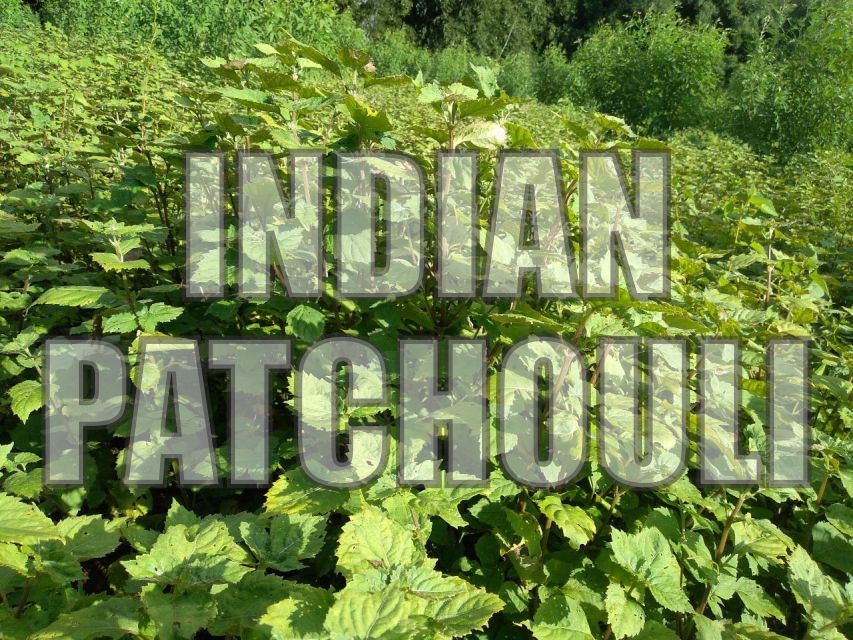
Patchouli is a fragrant plant native to tropical Asia, specifically Indonesia and its oil is widely used in perfumes, cosmetics, and even medicines. However, patchouli farming in India has not yet reached its full potential, especially when it comes to being environmentally friendly. Aromatic and Allied is a company working hard to change that by promoting sustainable patchouli farming in India, which benefits both the environment and the farmers.
Why Sustainable Patchouli Farming?
Patchouli plants need fertile soil, plenty of rainfall, and specific conditions to grow well. Traditional farming methods often use chemicals like pesticides and fertilizers that harm the soil and environment. Also, patchouli farming can be hard on the land, especially when plants are harvested too frequently, which depletes water and soil nutrients.
Aromatic and Allied believes that with the right farming methods, patchouli can be grown in a way that protects the environment while also providing good quality crops. The company aims to produce high-quality patchouli oil in a way that conserves resources and supports farmers.
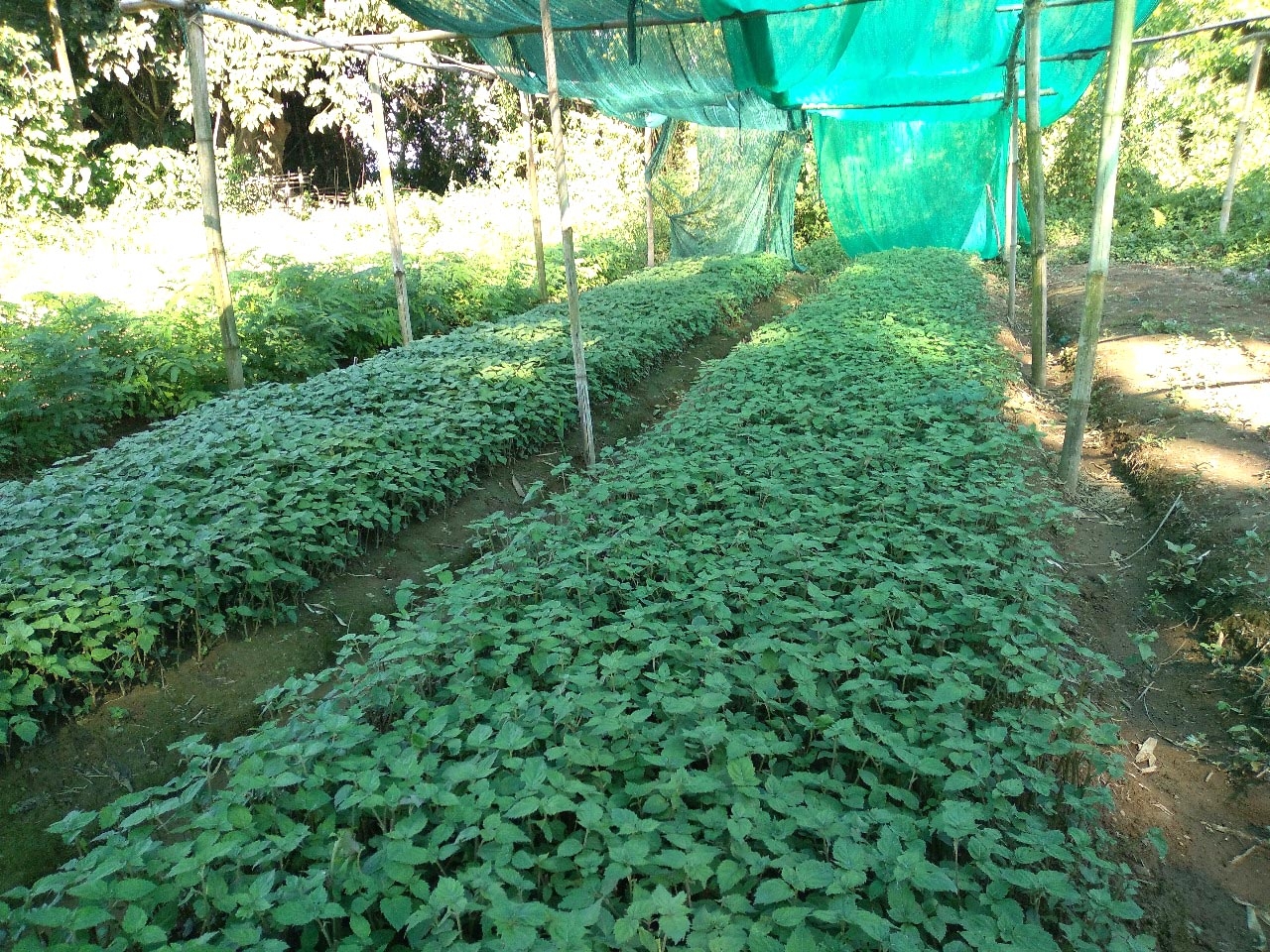
Our Partnership with CSIR Aroma Mission
We are proud to be working under the CSIR-CIMAP Aroma Mission for patchouli oil, along with numerous other essential oils. This mission, led by the Council of Scientific and Industrial Research (CSIR) and the Central Institute of Medicinal and Aromatic Plants (CIMAP), is focused on advancing research, improving cultivation, and promoting sustainable practices for aromatic plants like patchouli across India to make India as one of the leading and largest producer of Patchouli essential oil soon.
Aromatic and Allied has also signed a Memorandum of Understanding (MOU) with CSIR-CIMAP and CSIR – IIIM Jammu, marking a formal collaboration to further our efforts in sustainable farming and the production of high-quality essential oils. This partnership enables us to access cutting-edge research and resources, helping us refine our farming methods and contribute to the development of India’s aromatic oil industry.
Being a part of the CSIR Aroma Mission is a great honor, and we are proud to contribute to the mission's goals of innovation and sustainability in the aromatic plants sector.

How Aromatic and Allied Is Helping
- Organic Farming Practices
Aromatic and Allied avoids using harmful chemicals. Instead, we focus on organic farming, which helps keep the soil healthy and supports local wildlife. This method also ensures that the patchouli oil is free of harmful chemicals, making it safer for consumers and more valuable in the market. - Water Conservation Techniques
Patchouli plants need a lot of water, but Aromatic and Allied uses drip irrigation to give water directly to the plant roots. This method reduces water wastage and ensures that crops get enough water even in areas with limited rainfall. - Soil Health Management
Growing the same crop for too long can exhaust the soil. Aromatic and Allied uses crop rotation and organic compost to keep the soil healthy and full of nutrients. This helps prevent soil erosion and makes the patchouli plants stronger, leading to better yields. - Farmer Training and Community Support
Aromatic and Allied knows that for sustainable farming to succeed, local farmers need to be involved. The company organizes workshops to teach farmers how to use eco-friendly farming methods. This helps farmers improve their skills, earn a better income, and protect the environment. - Research and Development
To make patchouli farming even more sustainable, Aromatic and Allied invests in research. We study the best soil and climate conditions for growing patchouli and work with experts to find new ways to use fewer resources while growing more.
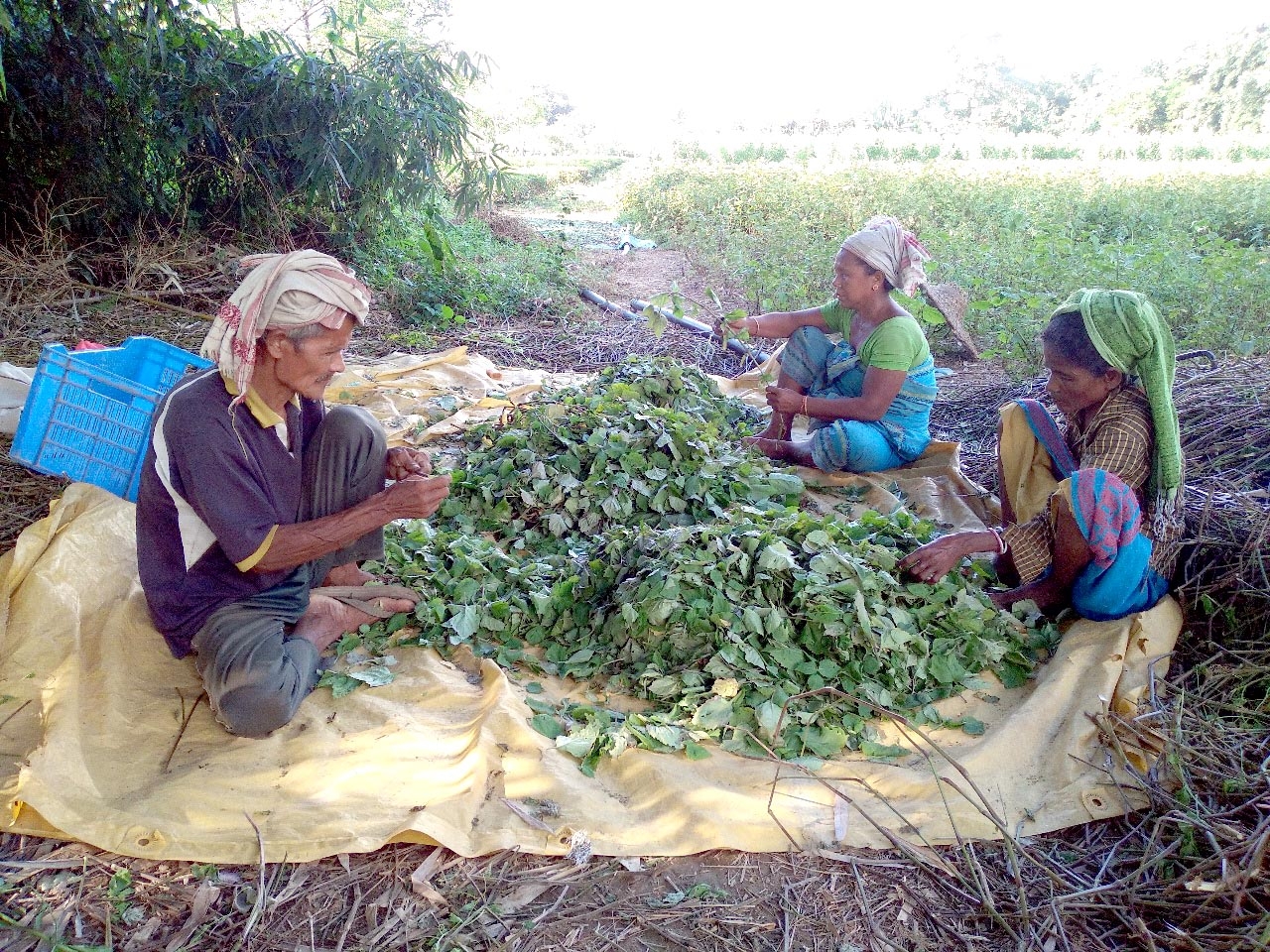
Benefits of Sustainable Patchouli Farming
- Environmental Benefits
By using fewer chemicals and conserving water and soil, sustainable patchouli farming helps protect the environment. This approach supports healthier ecosystems and reduces pollution. - Better Product Quality
Patchouli oil produced through organic methods is of higher quality. Since it is free from synthetic chemicals, it is more appealing to consumers looking for natural products. - Economic Benefits for Farmers
Sustainable farming helps farmers earn a stable income. By offering training and fair trade opportunities, Aromatic and Allied helps farmers improve, their livelihoods while encouraging eco-friendly farming methods.
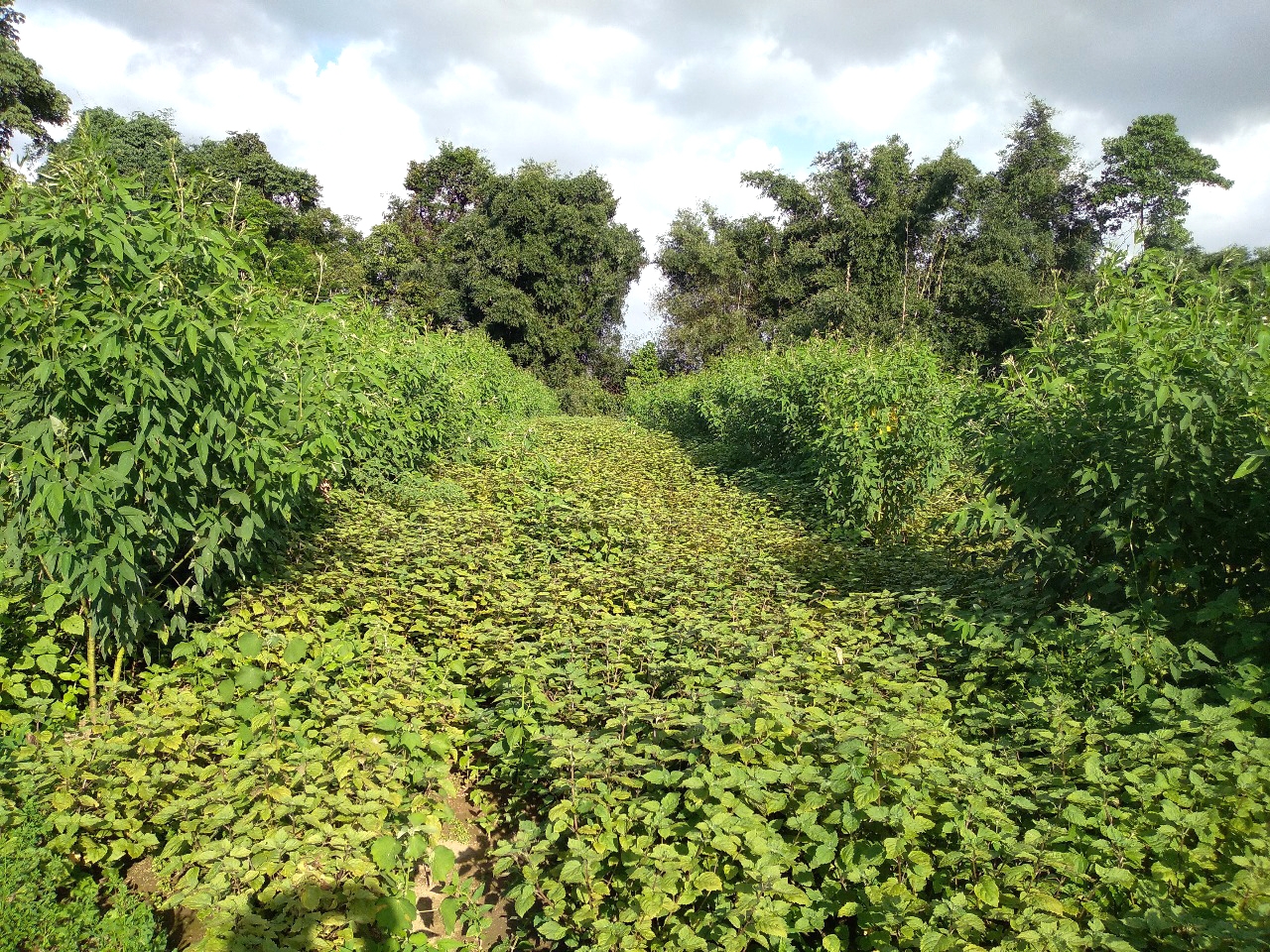
Conclusion
As demand for natural, high-quality essential oils increases, sustainable patchouli farming is a great opportunity for India's agriculture. Aromatic and Allied is leading the way by promoting farming practices that are good for both the environment and farmers. Through sustainable patchouli farming, the company hopes to create a greener future to make India a global leader in eco-friendly agriculture and the Patchouli essential oil.
Being a proud partner of the CSIR Aroma Mission, and having signed an MOU with CSIR-CIMAP & CSIR – IIIM Jammu, we are committed to continuing our research and development efforts to improve the quality of patchouli oil, while also contributing to the growth of sustainable farming practices across India. By focusing on sustainability, Aromatic and Allied is not just growing patchouli; we are helping build a better future for farmers, consumers, and the planet.

